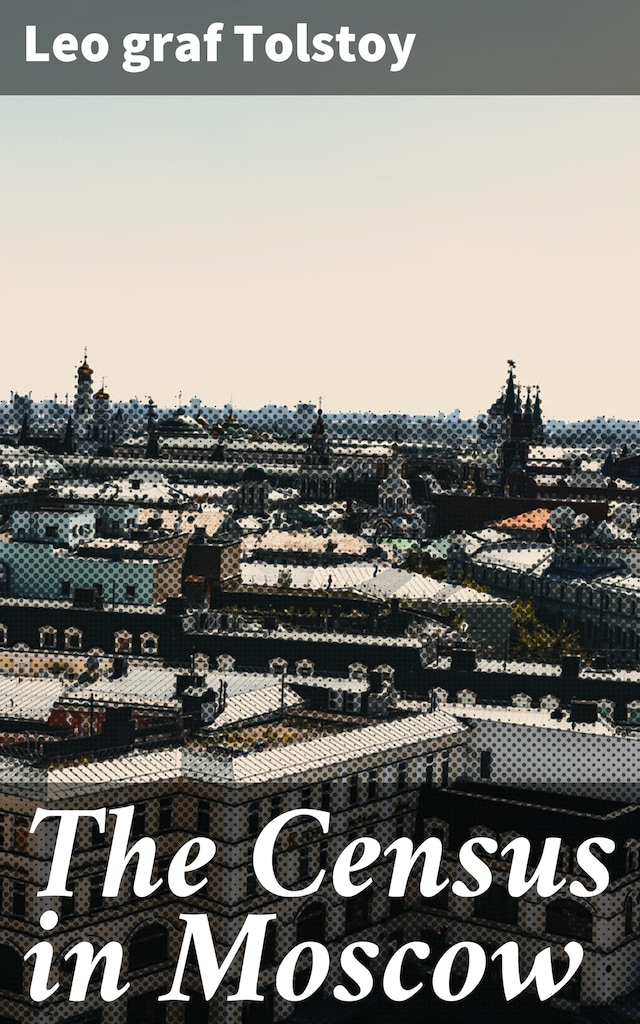
The Census in Moscow
Exploring class, identity, and human connection in 19th century Russian society
Buchbeschreibung
In "The Census in Moscow," Leo Tolstoy adeptly captures the socio-political intricacies of 19th-century Russia through a sharp, satirical lens. This novella unfolds around the organization of a census in Moscow, revealing the absurdities of bureaucratic processes and the often dehumanizing effects of state control on individual lives. Tolstoy's literary style combines realism with profound philosophical inquiries, utilizing dialogues and character-driven narratives to explore themes of identity, social status, and the often-opaque nature of authority. Set against the backdrop of a rapidly modernizing society, the text serves as a critique of the disconnect between the state's intentions and the people's realities, reflecting the broader existential struggles of the period. Leo Tolstoy, renowned for his epic novels such as "War and Peace" and "Anna Karenina," was deeply influenced by his own experiences of social stratification and existential questioning. His commitment to social reform and moral philosophy, particularly in the wake of personal crises, compelled him to examine the human condition through varied lenses. "The Census in Moscow" stands as a testament to Tolstoy's fascination with the intersection of individual lives and the often-interfering machinery of bureaucracy. I highly recommend "The Census in Moscow" to readers interested in the nuanced exploration of social themes within literature. Tolstoy's incisive observations serve not only as an engaging narrative but also as a relevant commentary on contemporary bureaucratic systems. This novella invites readers to reflect critically on the interplay between governance and personal freedom, making it an essential addition to the canon of Russian literature.
 Leo graf Tolstoy
Leo graf Tolstoy 17 Seiten
17 Seiten